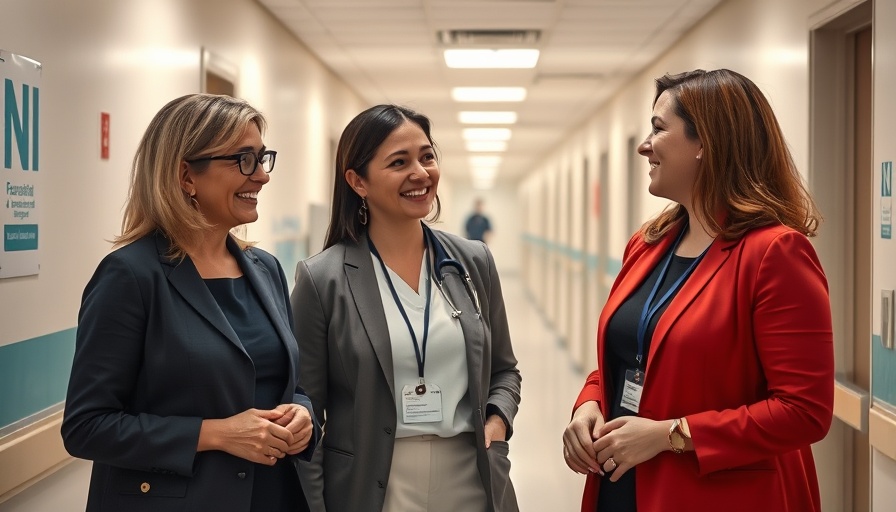
Neonatology: A Lifeline for Infants Everywhere
Access to quality healthcare for neonates is a fundamental right, yet disparities exist worldwide, from urban centers in the United States to remote villages in Africa. Understanding this field is crucial for anyone interested in making a difference in the lives of these vulnerable infants. In the Mayo Clinic Neonatal-Perinatal Fellowship Program, aspiring neonatologists are not only equipped with cutting-edge skills but also gain insight into the ethical aspects of caring for newborns in various settings.
In Mayo Clinic Neonatal-Perinatal Fellowship Program, insights into neonatology illuminate the crucial role of compassionate care and innovation in saving lives.
Personal Stories: Why Fellowship Matters
Fellows in this program share profound personal experiences that highlight the impactful nature of their work. One fellow proudly displayed a card from a family expressing gratitude for a genetic diagnosis they received. Such moments of connection underscore the fulfillment found in this specialty—helping families navigate emotional waters during their child's critical early life stages.
The Team Approach: Building a Supportive Community
The Mayo Clinic's model emphasizes teamwork, involving a diverse group of specialists dedicated to providing individualized care for every family. This cooperative environment nurtures a sense of belonging and encourages continuous learning. A fellow mentioned how essential this supportive community is, stating, "Whenever I have a question, I always feel welcome to consult someone." Such camaraderie can make all the difference in a demanding field.
Innovative Training: Fostering Future Leaders
The fellowship is distinguished by its focus on innovation, preparing fellows to not only become skilled clinicians but also future leaders in healthcare. Opportunities abound, such as participation in the Clinical Innovation and Entrepreneurship Academy, allowing fellows to pursue their passions while being trained in high-level clinical care. Participating in discussions and research empowers them to shape the future of neonatology.
Conclusion: An Invitation to Inspire Change
Through the story of the Mayo Clinic Neonatal-Perinatal Fellowship Program, we see the incredible impact of dedicated training and compassionate healthcare. Aspiring neonatologists and healthcare professionals would do well to look into such programs, as they not only foster clinical excellence but also encourage personal growth and community support. Take the first step towards a rewarding career in medicine—consider how you can contribute to improving neonatal health.
 Add Row
Add Row  Add
Add 




Write A Comment